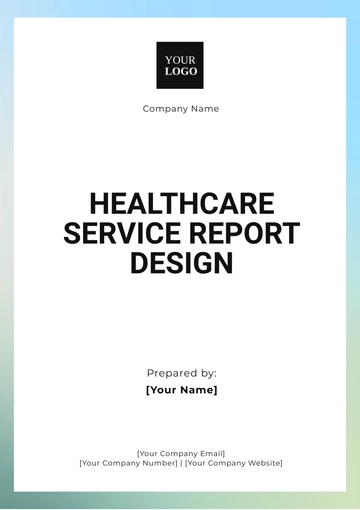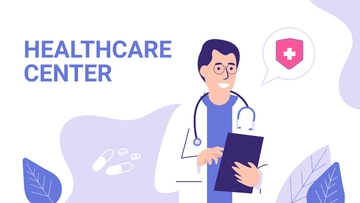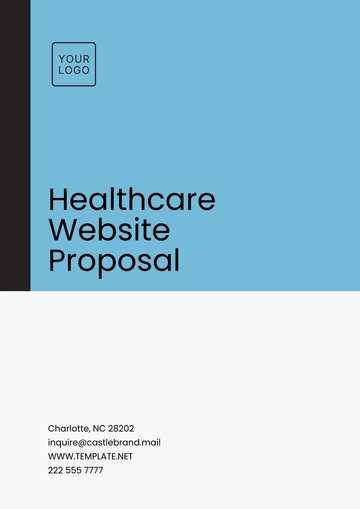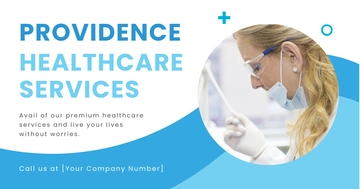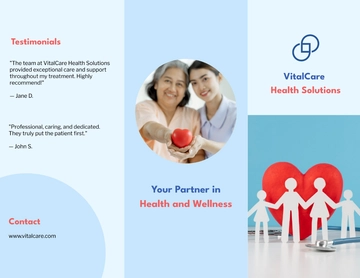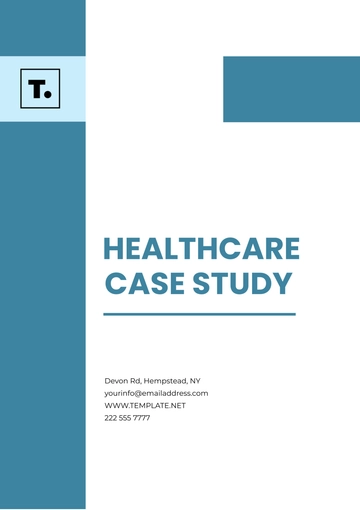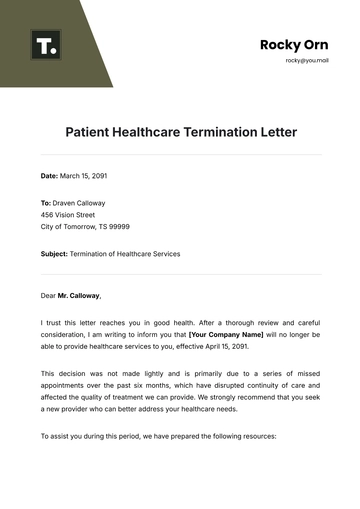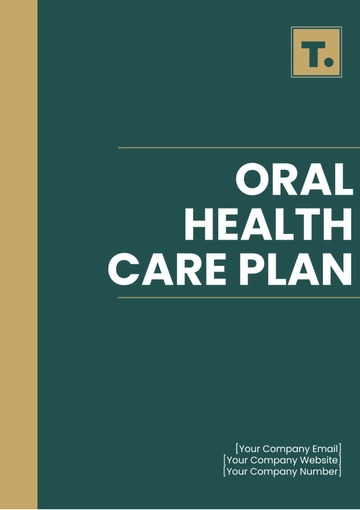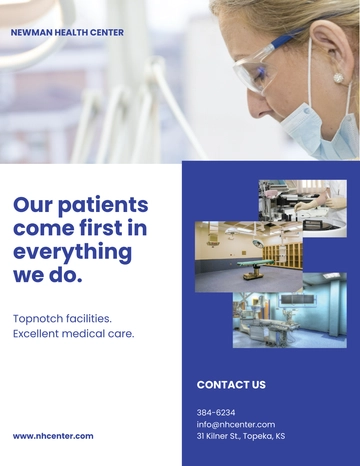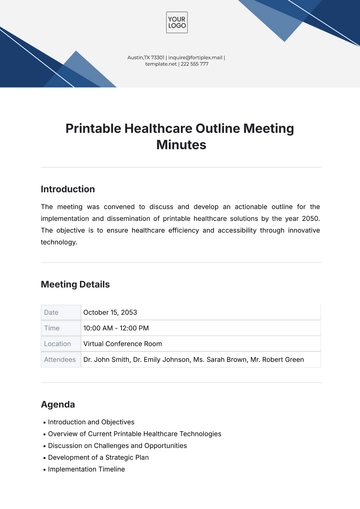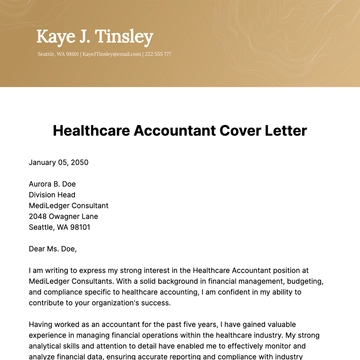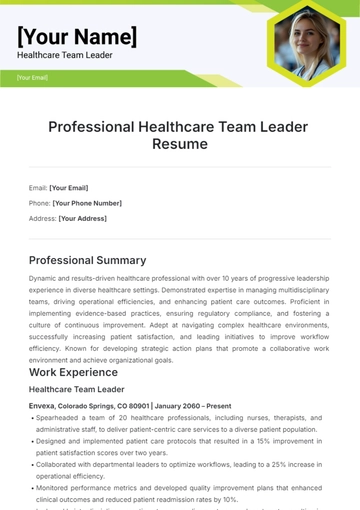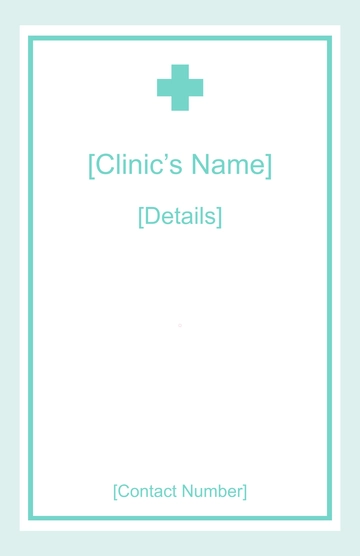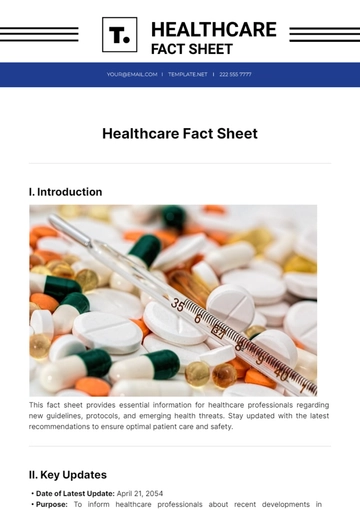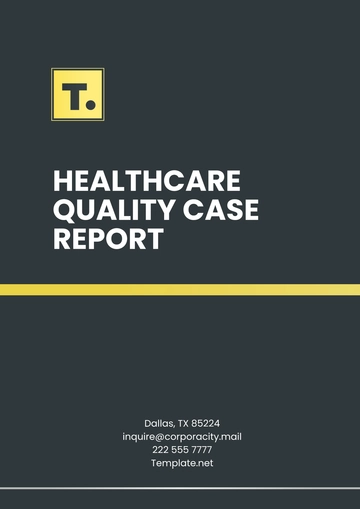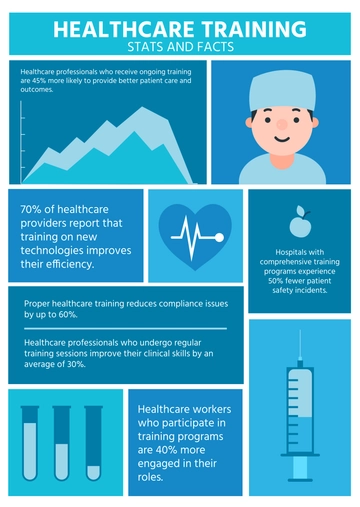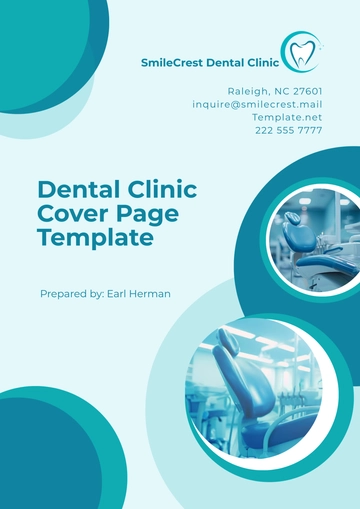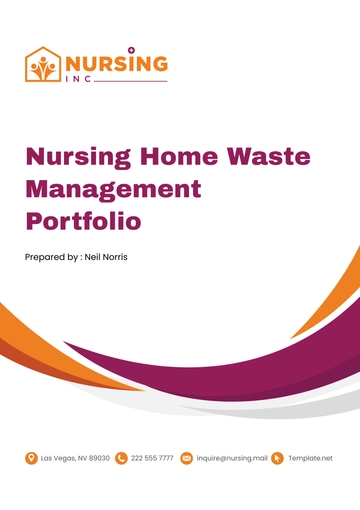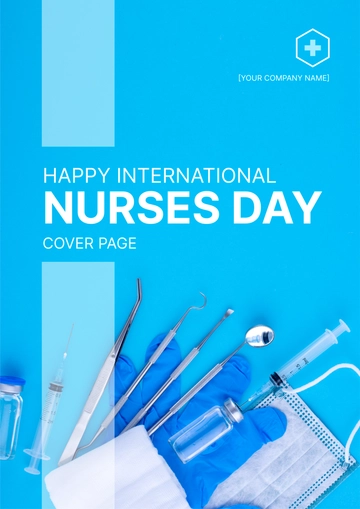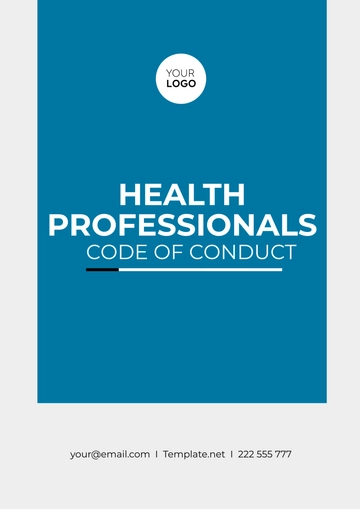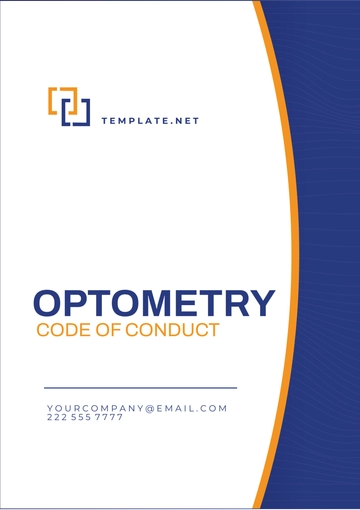Free Hypertension Treatment Protocol
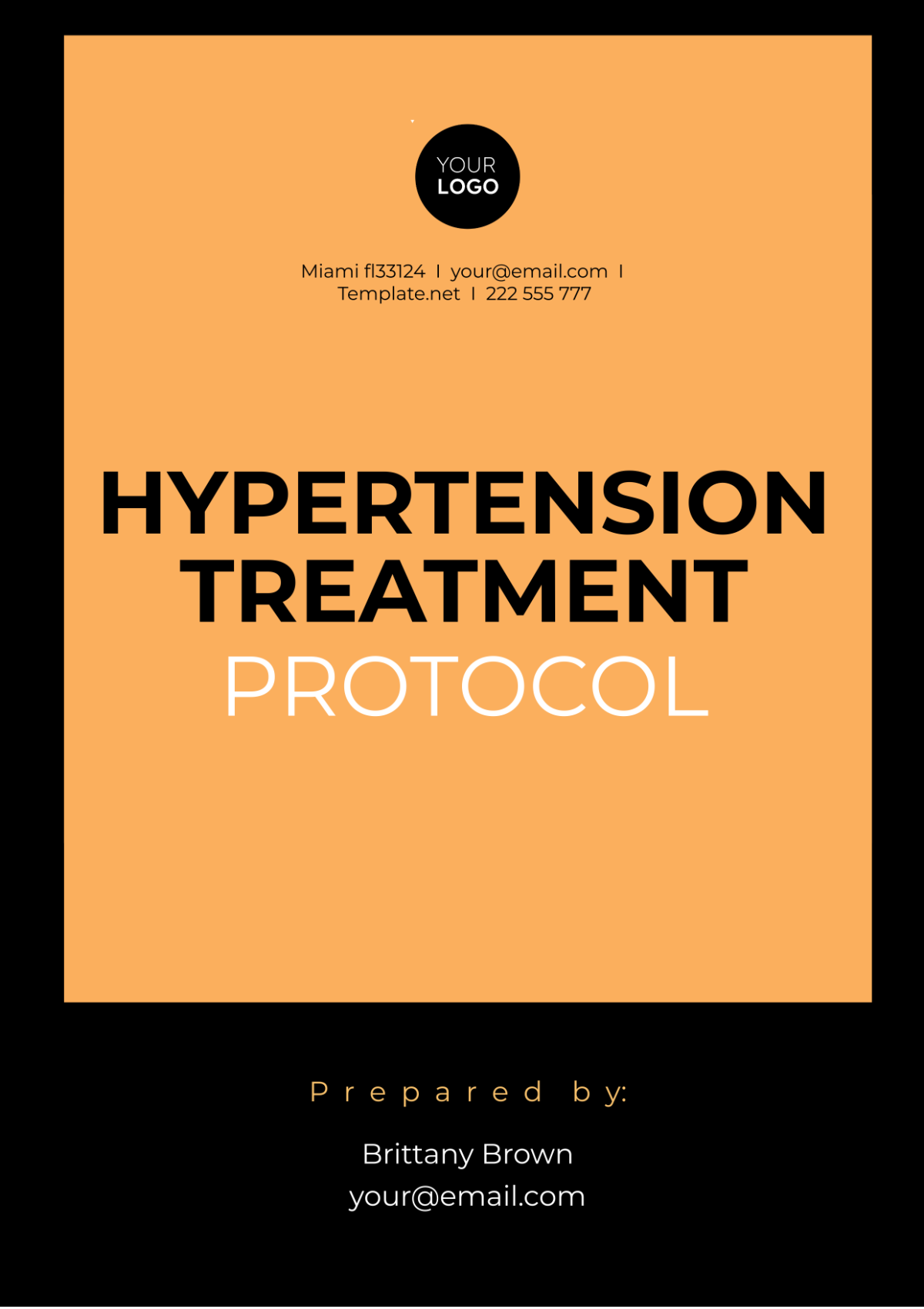
Name: | [YOUR NAME] |
|---|---|
Date: | January 20, 2055 |
This Hypertension Treatment Protocol establishes a comprehensive framework of guidelines and procedures for healthcare professionals to effectively manage and treat patients diagnosed with hypertension, commonly referred to as high blood pressure. Adherence to these protocols is essential to ensure standardized and optimal care for individuals with this medical condition.
1. Objectives
The primary objective of this protocol is to provide healthcare professionals with clear and evidence-based guidelines for the diagnosis, assessment, treatment, and ongoing management of hypertension. By following these protocols diligently, healthcare providers can optimize patient outcomes, reduce the risk of complications, and improve overall cardiovascular health.
2. Protocol Overview
This protocol encompasses the following key areas:
Screening and diagnosis of hypertension
Assessment of cardiovascular risk factors and comorbidities
Initiation of pharmacological and non-pharmacological treatments
Monitoring of blood pressure and response to therapy
Management of hypertensive emergencies and complications
This protocol adheres to internationally recognized best practices and is rooted in the latest research developments, ensuring that our patients receive the highest quality care.
3. Roles and Responsibilities
Roles | Responsibilities |
|---|---|
Physicians | Assess medical histories, prescribe treatments, and offer guidance on lifestyle modifications and education. |
Nurses | Assist with vital sign collection and monitor patient responses. |
Pharmacists | Dispense medications and provide counseling. |
Dietitians/Nutritionists | Provide dietary counseling and personalized meal plans. |
Physical Therapists | Design tailored exercise programs and supervise sessions |
Health Educators | Conduct group education sessions and provide resources. |
Administrative Staff | Coordinate appointments and manage records. |
Quality Improvement Team | Monitor adherence to protocols and implement improvements. |
Interdisciplinary Care Team | Collaborate on holistic care plans and patient management. |
4. Procedure
Step | Action |
|---|---|
1. | Identify patient's hypertension via systematic and comprehensive health check-ups. |
2. | Establish the severity and risk level of hypertension. |
3. | Carry out necessary lifestyle modifications towards managing hypertension. |
4. | Prescribe appropriate medication and treatment plan according to the severity of the condition. |
5. | Monitor patient's response and adjust treatment plan as necessary. |
5. Data Collection
Data collection is a critical aspect of this protocol. It includes systematic recording of relevant patient information including medical history, lifestyle habits, medication adherence, and response to treatment.
This valuable data is then analyzed to individualize treatment plans, monitor progress, detect any complications at an early stage, and optimize patient outcomes.
6. Safety Considerations
The safety of our patients is paramount in all treatment procedures. The Hypertension Treatment Protocol emphasizes regularly monitoring the side effects of prescribed medication and managing them promptly.
Additionally, patients shall be educated about the importance of medication adherence, potential side effects and the need to report them promptly, and lifestyle modifications to lead a healthier life.
7. Training and Awareness
Nurture a culture of continuous learning and heightened awareness among healthcare professionals through bespoke training and awareness initiatives. Elevate knowledge, refine skills, and remain abreast of cutting-edge practices and evolving trends in hypertension care to ensure unparalleled patient outcomes.
8. Expected Results
Adherence to this Hypertension Treatment Protocol is expected to:
Achieve optimal blood pressure control in patients with hypertension.
Reduce the risk of cardiovascular events and complications associated with uncontrolled hypertension.
Improve patient adherence to treatment and lifestyle modifications.
Enhance overall cardiovascular health and quality of life for individuals with hypertension.
9. Conclusion
By adhering to the guidelines outlined in this Hypertension Treatment Protocol, healthcare professionals can provide standardized and effective care for patients with hypertension. Continuous education, training, and adherence to evidence-based practices are essential to achieve optimal outcomes and improve cardiovascular health in affected individuals.
- 100% Customizable, free editor
- Access 1 Million+ Templates, photo’s & graphics
- Download or share as a template
- Click and replace photos, graphics, text, backgrounds
- Resize, crop, AI write & more
- Access advanced editor
Take charge of hypertension management with Template.net's Hypertension Treatment Protocol Template. Fully editable and customizable, it offers clear guidelines for healthcare professionals. Editable in our AI tool, this template allows for tailored treatment plans, ensuring effective management and patient care.
